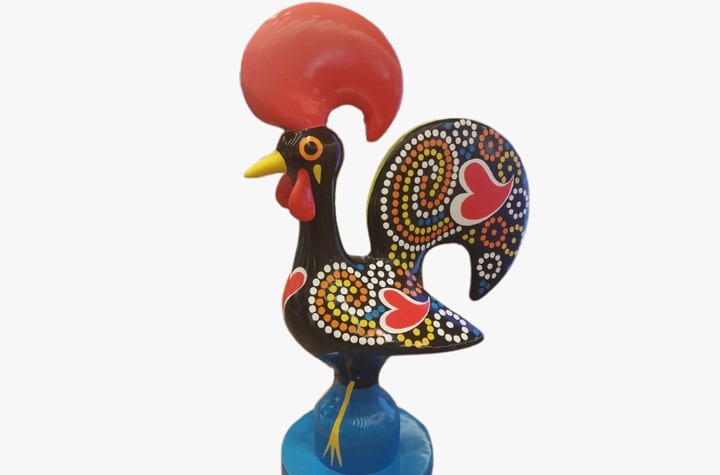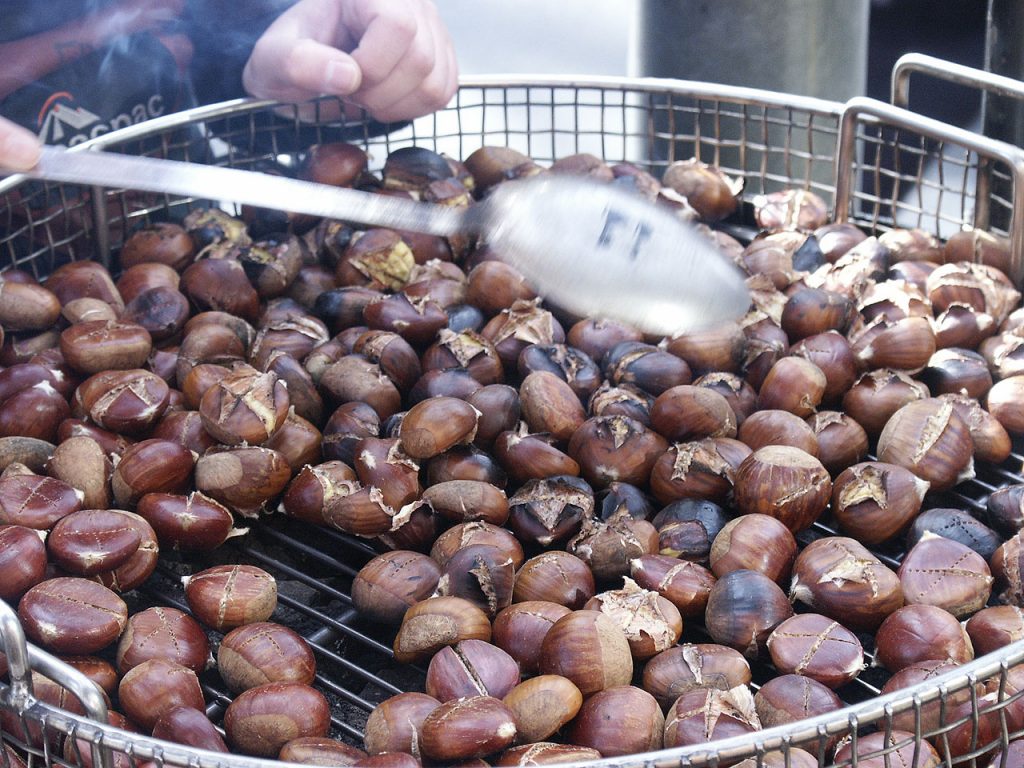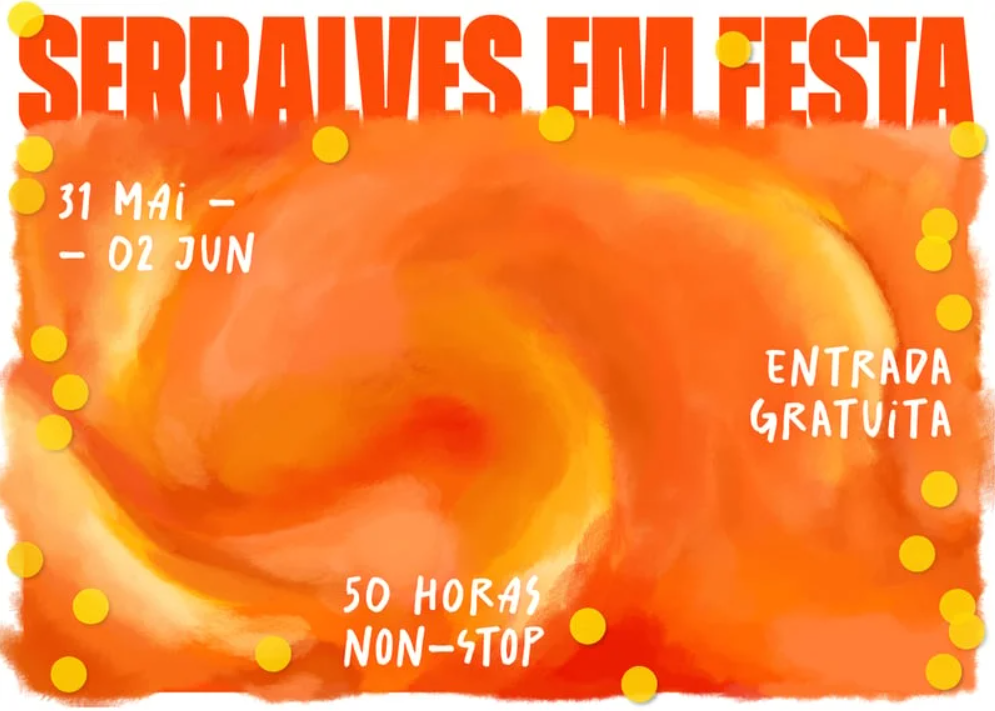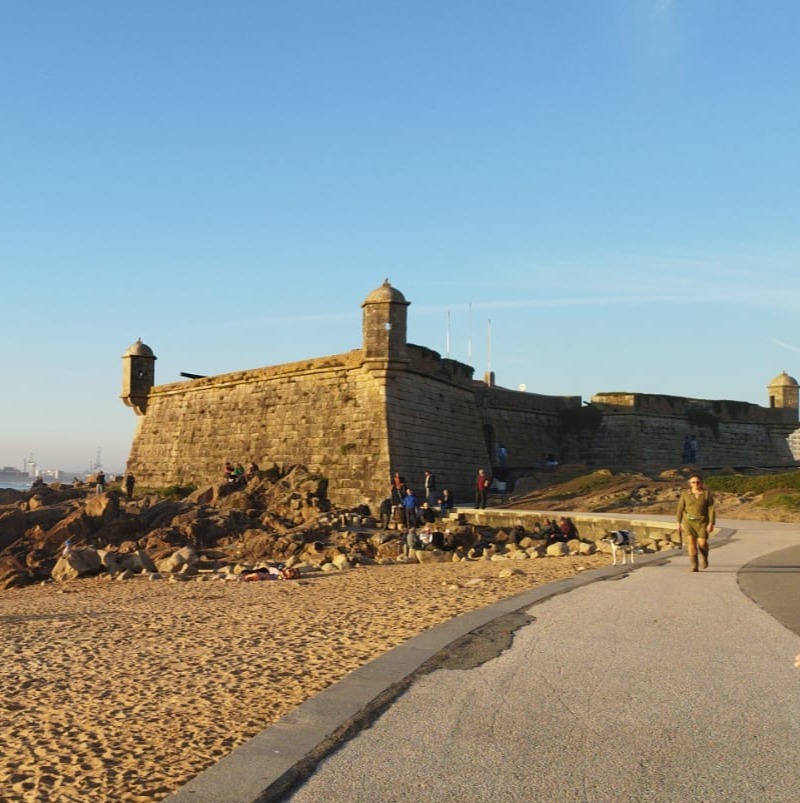The legend of the Galo de Barcelos (Rooster of Barcelos) is one of the most well-known Portuguese folk traditions and is closely linked to the city of Barcelos, in the northern region of Minho. The story tells that, in medieval times, a young Galician man on his way to Santiago de Compostela was unjustly accused of theft and sentenced to hang. The man swore he was innocent, but no one believed him. As a last resort, the man asked to be brought before the judge who had sentenced him. The judge, at a banquet, surrounded by guests and incredulous at the prisoner’s boldness, listened to his supplication. The man, trusting in God and Saint James (São Tiago), pointed to a roasted rooster on the table and declared: “It is as certain that I am innocent as that rooster will crow when they hang me.” The judge laughed, but, as a precaution, ordered the rooster to be kept. The moment the condemned man was led to his execution, the roasted rooster rose and crowed vigorously before everyone. Surprised by the miracle, the judge rushed to the execution site and managed to prevent the man’s death.
Sometime later, the Galician returned to Barcelos to erect a cross in honour of Saint James and divine justice, giving thanks for his rescue. This monument, known as the Cruzeiro do Senhor do Galo (Lord of the Rooster Cross), can still be visited in the city today.
The legend gave rise to the famous Galo de Barcelos, a symbol of luck, justice, and faith. Over time, it also became one of Portugal’s greatest icons, internationally recognized for its colourful and cheerful image. Beyond its symbolic meaning, the rooster is today one of the most popular pieces of clay art and traditional Minho ceramics, perpetuating its history in time.



